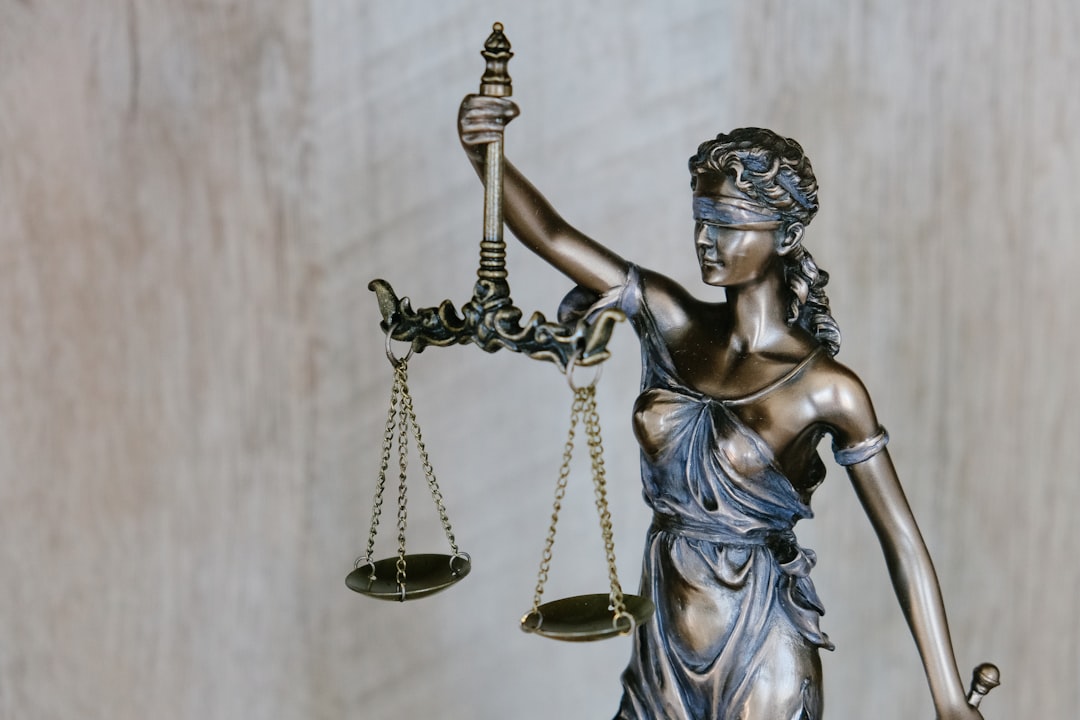In Connecticut, the quest for justice for survivors of sexual abuse is a critical issue demanding attention. Understanding the profound impact of such trauma from a legal perspective is essential in navigating the complex system. This article explores Connecticut’s laws and rights for survivors, emphasizes the vital role of a sexual abuse lawyer in seeking justice, and highlights resources available to support them. Through case studies, we showcase successful legal pursuits, emphasizing the importance of specialized representation for survivors in their journey towards healing and accountability.
Understanding the Impact of Sexual Abuse: A Legal Perspective

Sexual abuse is a devastating and complex issue that can have profound, long-lasting effects on survivors’ physical and mental well-being. As a legal perspective, it’s crucial to understand the impact this crime has not just on individuals but on communities as a whole. Survivors of sexual abuse in Connecticut may face unique challenges when pursuing justice, often requiring the expertise of a specialized sexual abuse lawyer Connecticut residents can trust. These attorneys are equipped to navigate intricate legal systems and provide the necessary support for survivors seeking accountability and closure.
The effects of sexual abuse extend beyond the immediate trauma, impacting survivors’ ability to trust, form relationships, and maintain a sense of safety in their surroundings. In many cases, survivors may struggle with anxiety, depression, post-traumatic stress disorder (PTSD), and other mental health concerns. Legal representation for sexual abuse victims is essential in ensuring that their rights are protected and that they receive the support and resources needed to heal and rebuild their lives. A sexual abuse lawyer Connecticut offers can help navigate legal processes, gather evidence, and advocate for survivors’ needs, ultimately contributing to a more just and supportive environment for those who have experienced this traumatic event.
Navigating Connecticut's Laws and Rights for Survivors

Navigating Connecticut’s legal system can be a daunting task, especially for survivors of sexual abuse seeking justice. It is crucial to understand that Connecticut has specific laws in place to protect and support victims. A sexual abuse lawyer Connecticut can provide invaluable guidance, ensuring survivors are aware of their rights and the steps they need to take. These professionals help decode complex legal procedures, making it easier for clients to pursue compensation and hold perpetrators accountable.
Survivors must know that they have the right to seek civil litigation against the abuser or institutions responsible. A sexual abuse lawyer Connecticut will assist with gathering evidence, interviewing witnesses, and constructing a compelling case. They fight for fair settlements and ensure survivors receive the support they deserve, including financial compensation and access to specialized care. Understanding their legal options is essential for victims to take back control and begin the process of healing.
The Role of a Sexual Abuse Lawyer in Seeking Justice

When navigating the complex and sensitive issue of sexual abuse, survivors in Connecticut can find a powerful ally in a sexual abuse lawyer. These legal professionals are dedicated to advocating for victims’ rights and seeking justice. Their expertise lies in understanding the intricate laws surrounding sexual assault, which varies from state to state, ensuring that survivors receive fair compensation and support.
A sexual abuse lawyer in Connecticut plays a crucial role in holding perpetrators accountable. They guide survivors through the legal process, providing much-needed emotional support while constructing a robust case. Through strategic litigation, these lawyers can secure justice, not only for individual cases but also by raising awareness and contributing to systemic changes that prevent future abuses. Their work is instrumental in ensuring that Connecticut’s legal system provides a safe and supportive environment for survivors to share their stories and seek redress.
Supporting Survivors: Resources and Organizations in Connecticut

In the struggle for justice, survivors of sexual abuse in Connecticut have a network of support. Various organizations and resources cater specifically to their needs, offering a lifeline to those who have endured this trauma. These entities range from non-profit organizations providing counseling services to legal aid groups specializing in sexual assault cases, ensuring survivors have access to professional help tailored to their unique experiences.
For those seeking a sexual abuse lawyer Connecticut, these organizations often serve as a crucial first step. They can connect survivors with legal professionals experienced in navigating the complexities of such cases, advocating for their rights, and pursuing justice through compensation or criminal proceedings. This support network underscores a commitment to empowering survivors and holding perpetrators accountable.
Case Studies: Successful Legal Pursuits for Sexual Abuse Victims

Many survivors of sexual abuse in Connecticut have found justice and healing through successful legal pursuits with the help of dedicated sexual abuse lawyers. These cases not only secure compensation for physical and emotional trauma but also serve as powerful statements against perpetrators and institutions that may have enabled or ignored the abuse.
One notable example involves a client who, with the support of a skilled Connecticut sexual abuse lawyer, was able to hold a local school district accountable for failing to protect students from a pedophilic teacher. The settlement not only provided much-needed financial relief but also led to significant reforms in the district’s policies and procedures for handling such cases. Another successful case involved an individual who sued a religious organization for its role in covering up abuse within its community, resulting in a substantial judgment that sent a clear message of non-tolerance for institutional complicity in sexual misconduct.





